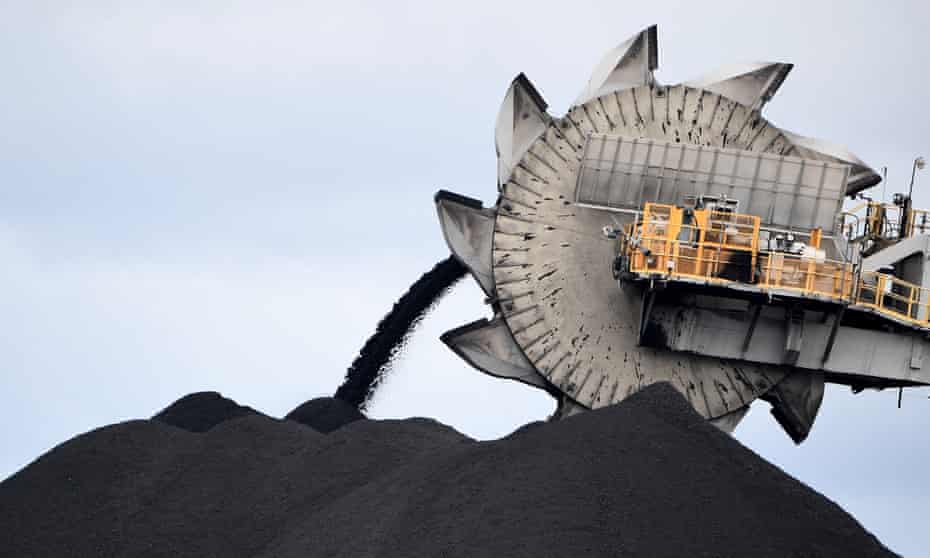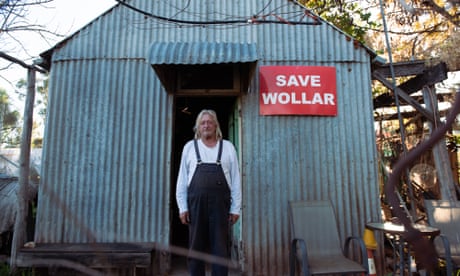Extract from The Guardian
US giant agrees to hire auditors after calculation errors, poor record-keeping and inconsistent data collection discovered.

Last modified on Mon 31 Jan 2022 03.04 AEDT
US coalmining giant Peabody Energy has repeatedly submitted incorrect greenhouse gas emissions reports to the Australian government, prompting questions about the reliability of national climate data based on company assessments.
The Clean Energy Regulator found Peabody had a history of filing inaccurate reports required under the National Greenhouse and Energy Reporting Act due to calculation errors, poor record-keeping and inconsistent data collection and analysis.
The mistakes were in both directions, leading to significant under- and over-reporting of emissions from the underground Wambo coalmine in New South Wales. The total error was large – when added up, out by more than 51% of the total emissions from the site – but the under- and over-reporting largely cancelled each other out. It meant the submitted total was 5.4% lower than what it should have been.
Sign up to receive an email with the top stories from Guardian Australia every morning
Peabody is the fifth-biggest coalminer in Australia, owning two thermal coalmines (used for electricity generation) and five metallurgical coalmines (for steelmaking). The company has agreed to hire an external consultant to compile its emissions reports using industry best-practice reporting methodologies, and to commission an independent auditor to examine its mines and other facilities.
Annica Schoo, the lead environmental investigator at the Australian Conservation Foundation, said there were “more and more examples” of companies submitting emissions data that did not stand up to scrutiny. It follows Dutch scientists examining satellite imagery and finding the amount of methane, a potent greenhouse gas, leaking from some Queensland coalmines was greater than has been reported.
Schoo said the company reports lodged with the regulator were used to help fulfil Australia’s international obligations under several treaties, including the Paris climate agreement, and as part of the government’s annual projections of future emissions.
“The accuracy of this data is critical to getting on top of the climate crisis. The lack of care Peabody has shown is completely unacceptable,” she said.

In response to questions, the regulator said there were no broader concerns about the accuracy of emissions data submitted to the government, and ensuring the data was accurate was “an enduring compliance and enforcement priority”. Emissions reports were reviewed and assessed, and that assessments drew upon a range of information sources, it said.
“The reporting issues identified were completely unintentional and the result of calculation errors, which we have taken immediate actions to rectify,” they said.
“An independent expert auditor has thoroughly reviewed our systems. We have already acted on many of his recommendations and our processes will be regularly reviewed to embed necessary improvements.”
Schoo said the regulator had “done the right thing” by requiring Peabody to address its emissions reporting but it was a concern that it was the first compliance action of its type since the safeguard mechanism – which was promised to prevent increases in industrial emissions but in practice often hasn’t – was introduced in 2016.
Richie Merzian, the climate and energy program director with the Australia Institute, said the “enforceable undertakings” agreed by Peabody following the reporting failures were an example of the regulator being “all bark and no bite”.
“We are left with rising emissions from Australia’s major polluters, enabled by loose reporting requirements,” he said.
No comments:
Post a Comment